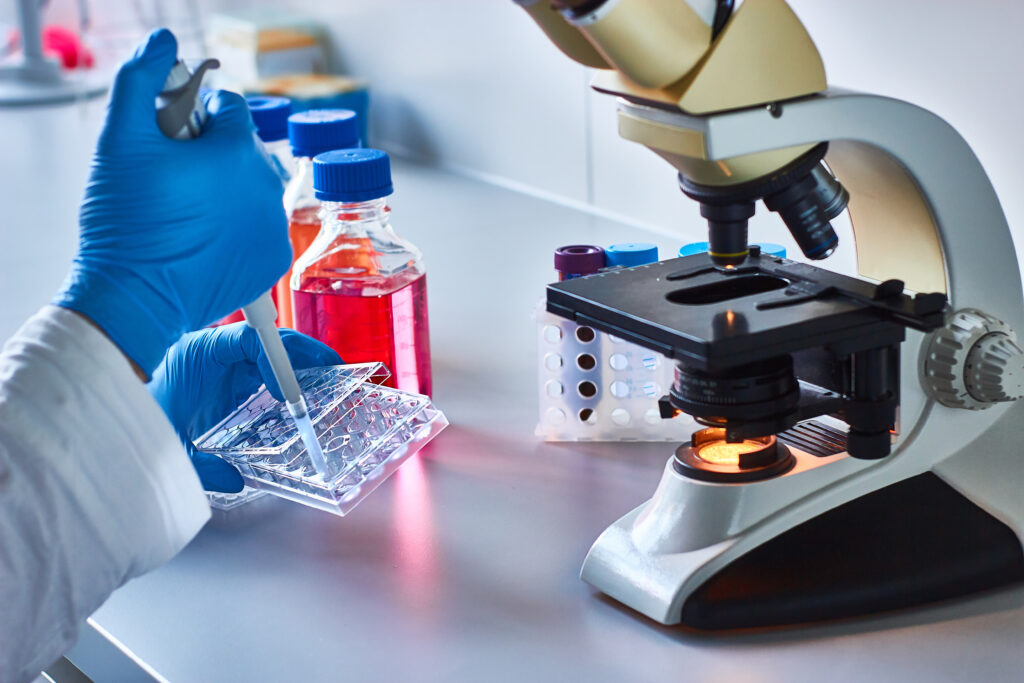Designing Babies: Science, Ethics, and Policies of a Post-Genomic Era
At the Center for Bioethics and Human Dignity annual summer conference “Bioethics in Real Life,” Dr. David Prentice and Dr. Tara Sander Lee presented a workshop entitled Designing Babies: Science, Ethics, and Policies of a Post-Genomic Era.
Scientific advancements in the fields of genetics, molecular diagnosis, and genetic engineering were introduced so that participants could better understand the benefits, risks, limitations, policies, and potential impact on society. The ethics were carefully evaluated and discussed, especially given that these practices can rely upon the use and manipulation of human embryos without giving proper respect and dignity for the sanctity of human life from day 1 of fertilization.

The first draft of the human genome was sequenced in 2001. Since that discovery, several significant advancements have been made in defining the genes in our body and determining what constitutes “normal” and “abnormal”. As a result, genetic information can be used to heal and provide personalized treatment, but it can also lead to harm through eugenics and discrimination.
Advancements in science have resulted in a society that can now design a child that carries, or does not carry, specific traits that we as a society deem worthy or not worthy of inheritance. Who are we to decide what determines a person’s value and who deserves life? How did we get here and where are we headed? Current clinical practices in reproductive medicine and prenatal genetic testing foster this mentality of playing God and creating the “perfect” child.
New science technologies on the horizon are also helping to define this new era with significant challenges and risks to the human race. Gene editing, cloning, three-parent embryos, and chimeras are all contestants in this global scientific quest for discovery and treatment of disease.
Read more about gene editing and ethics: Gene Editing: Charlotte Lozier Institute Articles and Op-Eds























